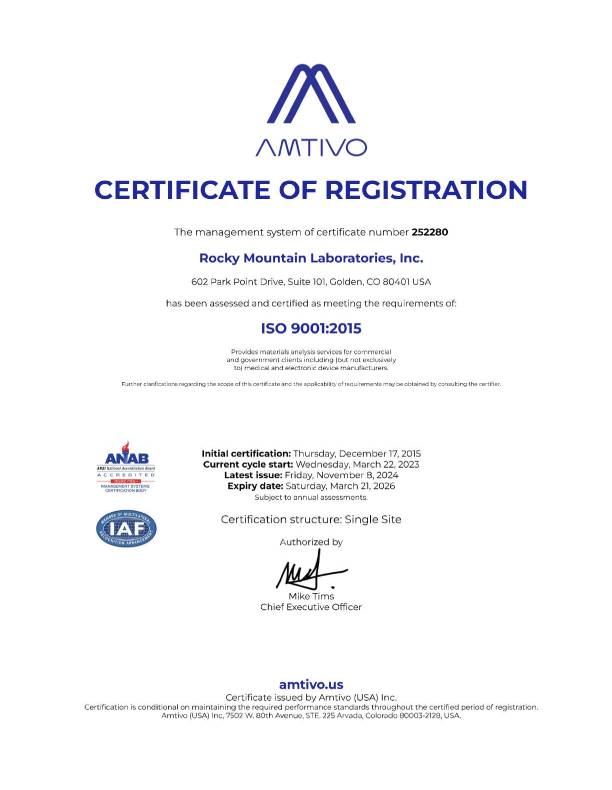Fourier Transform Infrared (FTIR) spectroscopy is a powerful analytical technique employed in the automotive industry for the qualitative and quantitative analysis of materials. This method provides valuable insights into the composition of automotive components, helping manufacturers ensure product quality, troubleshoot issues, and meet regulatory requirements.
Key Applications
1. Polymer Characterization
FTIR is extensively used for the analysis of polymer materials in automotive applications. It aids in identifying and characterizing polymers used in components such as tires, seals, gaskets, and interior materials. Understanding the polymer composition is crucial for ensuring material integrity, durability, and performance.
2. Adhesive and Sealant Analysis
Automotive assembly involves the use of various adhesives and sealants. FTIR analysis helps in assessing the chemical composition of these materials, ensuring proper bonding, and identifying any potential issues related to adhesion or sealing performance.
3. Lubricant and Fluid Analysis
FTIR is a valuable tool for examining lubricants and fluids used in automotive systems. It can identify contaminants, degradation products, and assess the overall chemical stability of oils and fluids, contributing to the reliability and longevity of engine and transmission components.
4. Paint and Coating Analysis
Automotive paints and coatings play a critical role in aesthetics, corrosion protection, and durability. FTIR analysis can be employed to examine the chemical composition of coatings, ensuring they meet performance specifications and regulatory standards.
5. Failure Analysis
In the event of component failure, FTIR analysis can be instrumental in identifying the root cause. Whether it’s a structural component, electrical part, or a material failure, FTIR helps in pinpointing issues at the molecular level, facilitating targeted corrective actions.
Advantages of FTIR Analysis in Automotive
- Non-Destructive Analysis: FTIR is a non-destructive technique, allowing for the analysis of samples without altering their physical properties. This is particularly advantageous when dealing with valuable or limited quantities of materials.
- Rapid Analysis: FTIR provides rapid results, making it an efficient tool for quality control and process monitoring in automotive manufacturing.
- Wide Range of Materials: FTIR is versatile and can analyze a wide range of materials, including polymers, metals, ceramics, and fluids, providing comprehensive insights into the composition of complex automotive components.
- Quantitative Analysis: With the appropriate calibration, FTIR can be used for quantitative analysis, enabling accurate determination of component concentrations in a given sample.
FTIR analysis is a valuable asset in the automotive industry, offering detailed insights into the chemical composition of materials used in various components. Whether it’s ensuring the quality of polymers, analyzing adhesives, or troubleshooting component failures, FTIR contributes to the overall reliability and performance of automotive systems.
For comprehensive FTIR analysis services tailored to your automotive needs, Rocky Mountain Laboratories is committed to delivering accurate and timely results. Our experienced team of analysts utilizes state-of-the-art equipment to provide in-depth insights into the composition of your materials. Contact us today to discuss your specific requirements and explore how FTIR analysis can enhance your automotive quality control processes.



